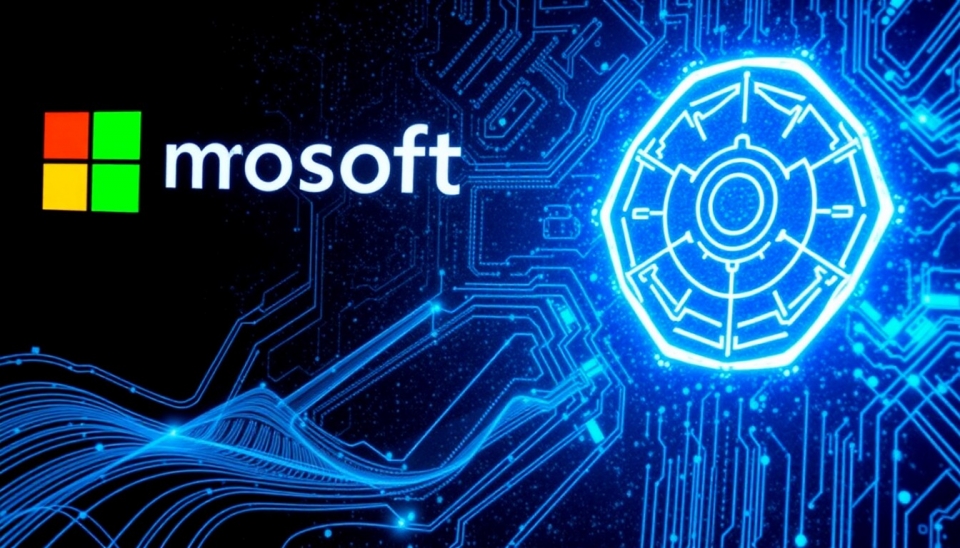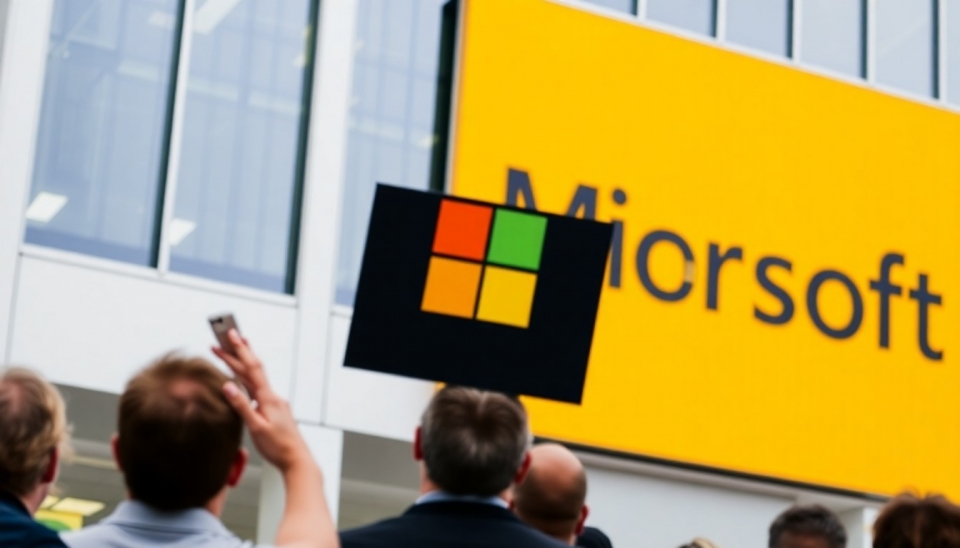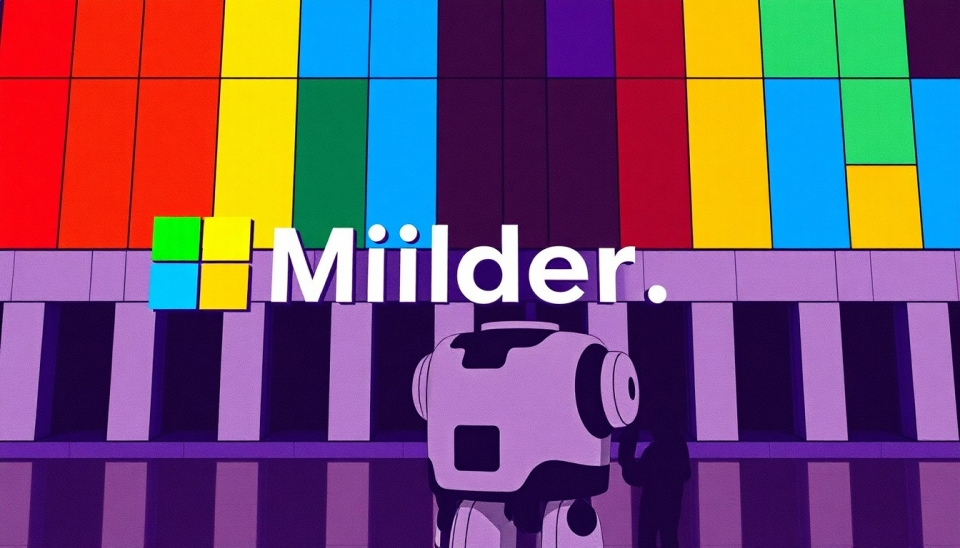
The recent collaboration between tech giant Microsoft and artificial intelligence powerhouse OpenAI has ignited discussions surrounding potential antitrust violations, as highlighted in a recent report by the Financial Times. This partnership, which aims to enhance and expand AI capabilities, is being scrutinized by the Federal Trade Commission (FTC) amid concerns about competition and market dominance.
According to sources familiar with the matter, the FTC is investigating whether the terms of the agreement may unfairly inhibit competition by limiting access for other AI developers. Critics argue that Microsoft, by integrating OpenAI’s technology into its products, could effectively stifle rivals and create an uneven playing field within the burgeoning AI landscape.
The partnership was officially announced as part of a wider strategy by Microsoft to embed AI solutions across its product ecosystem, including its flagship software offerings and cloud services. In this alliance, OpenAI benefits from substantial funding and resources, which could accelerate the development of innovative AI technologies.
This initiative raises formidable questions regarding regulatory oversight in the tech sector. As AI becomes increasingly integral to numerous industries, the potential for monopolistic practices may become more pronounced, prompting calls for clearer regulations to ensure fair competition.
Industry analysts have noted that while collaborations in tech are common, the scale and depth of Microsoft's partnership with OpenAI might attract regulatory attention in a way that smaller alliances do not. The FTC's scrutiny reflects a broader movement towards vigilance regarding potential anti-competitive behavior among major technology firms, particularly in AI, which has been defined as a sector with vast implications for the economy and society at large.
As these developments unfold, both Microsoft and OpenAI are expected to actively engage with regulatory authorities to address any concerns and clarify how their partnership could foster innovation without compromising competitive integrity. Consumers and businesses alike are closely watching how this situation evolves, as the outcomes will likely influence the future landscape of AI technology and its applications.
In conclusion, the collaboration between Microsoft and OpenAI could represent a significant shift in the tech industry, but potential regulatory challenges may affect how these companies pursue their innovations. Stakeholders are now seeking to balance the benefits of advanced AI technologies against the necessity of maintaining a competitive marketplace.
As this situation develops, interest in the regulatory aspects of tech partnerships will undoubtedly increase, shaping discussions about the future of AI and competition law in a rapidly changing environment.
#Microsoft #OpenAI #Antitrust #FTC #AIRegulations #TechNews #Innovation #Competition
Author: Liam Carter




